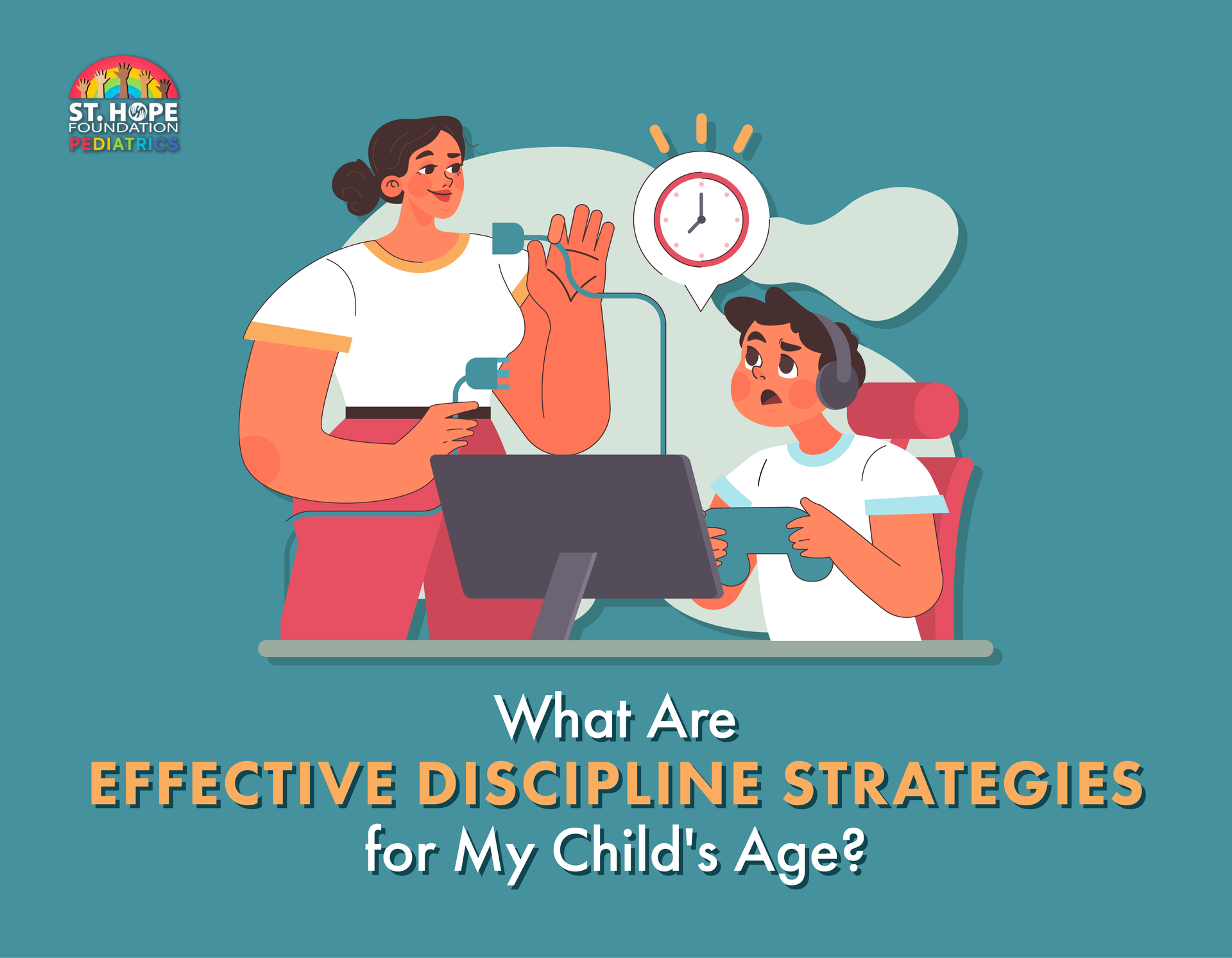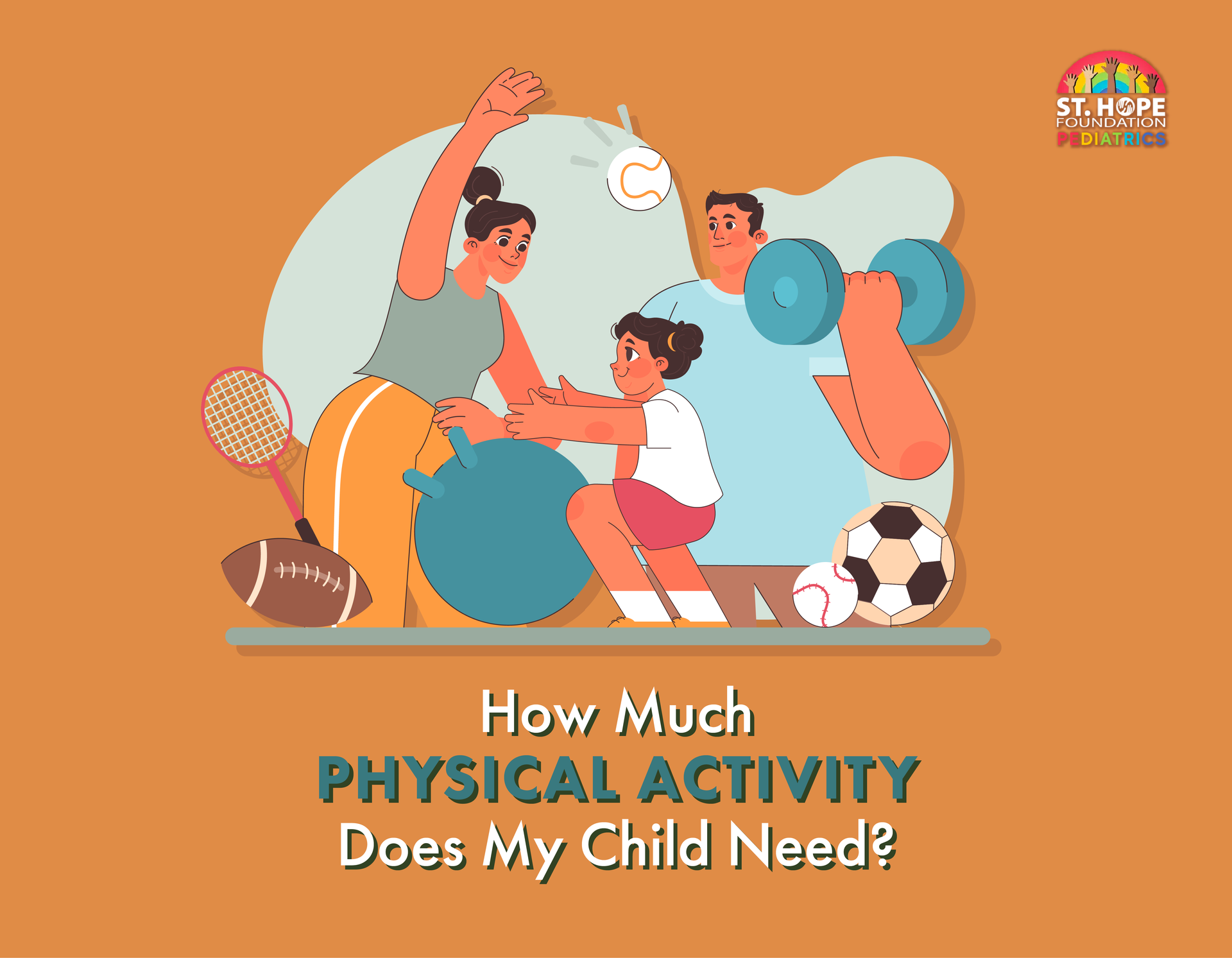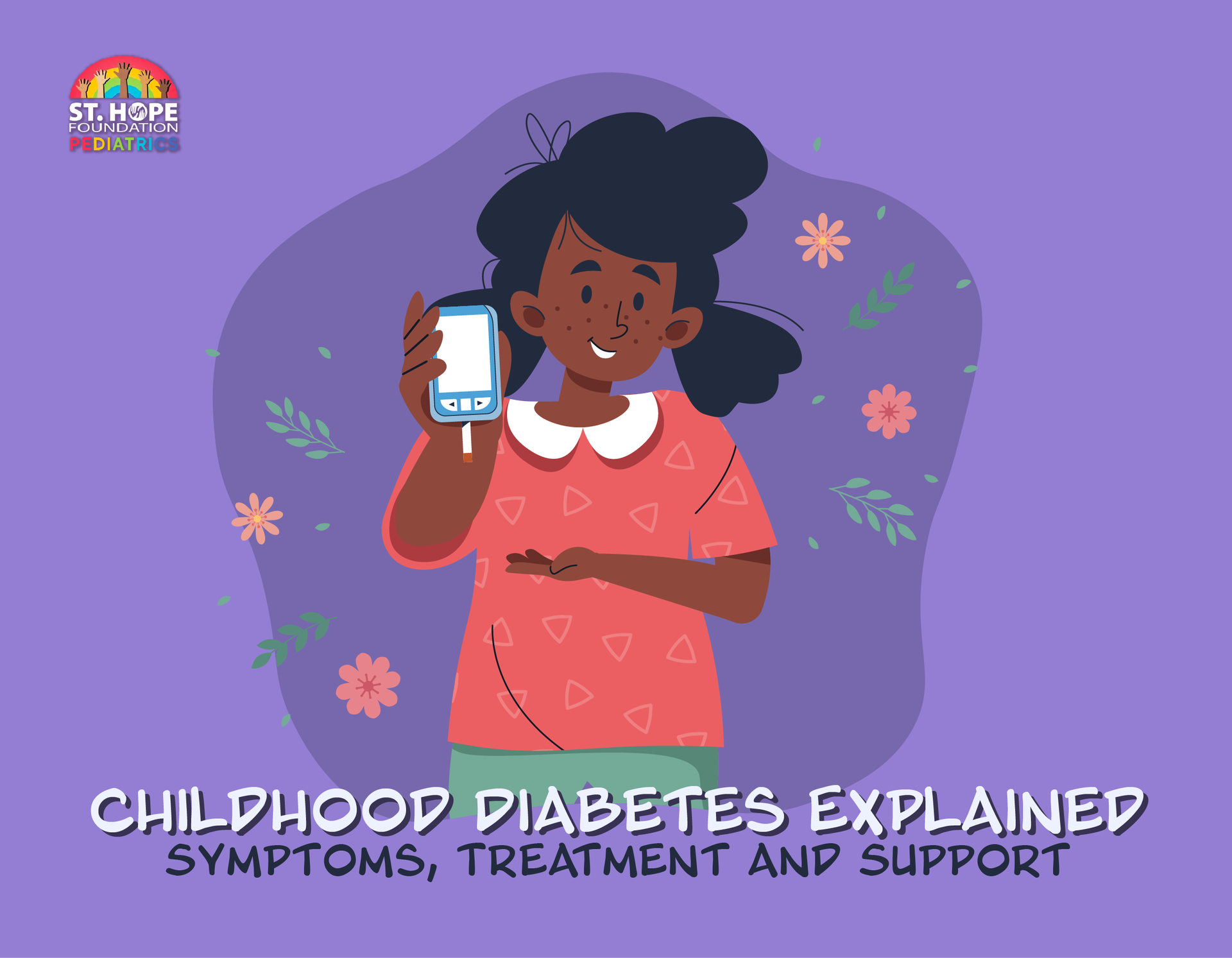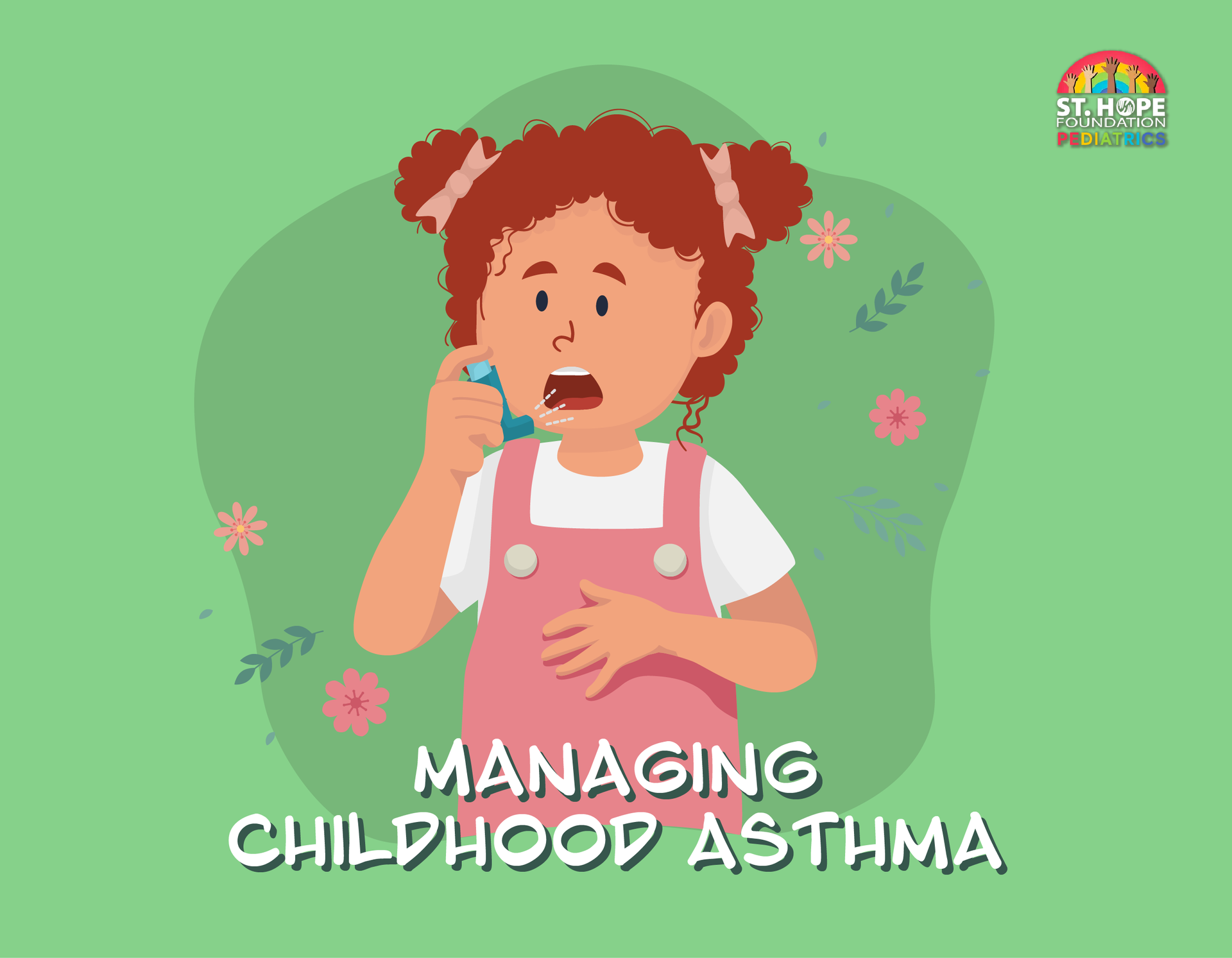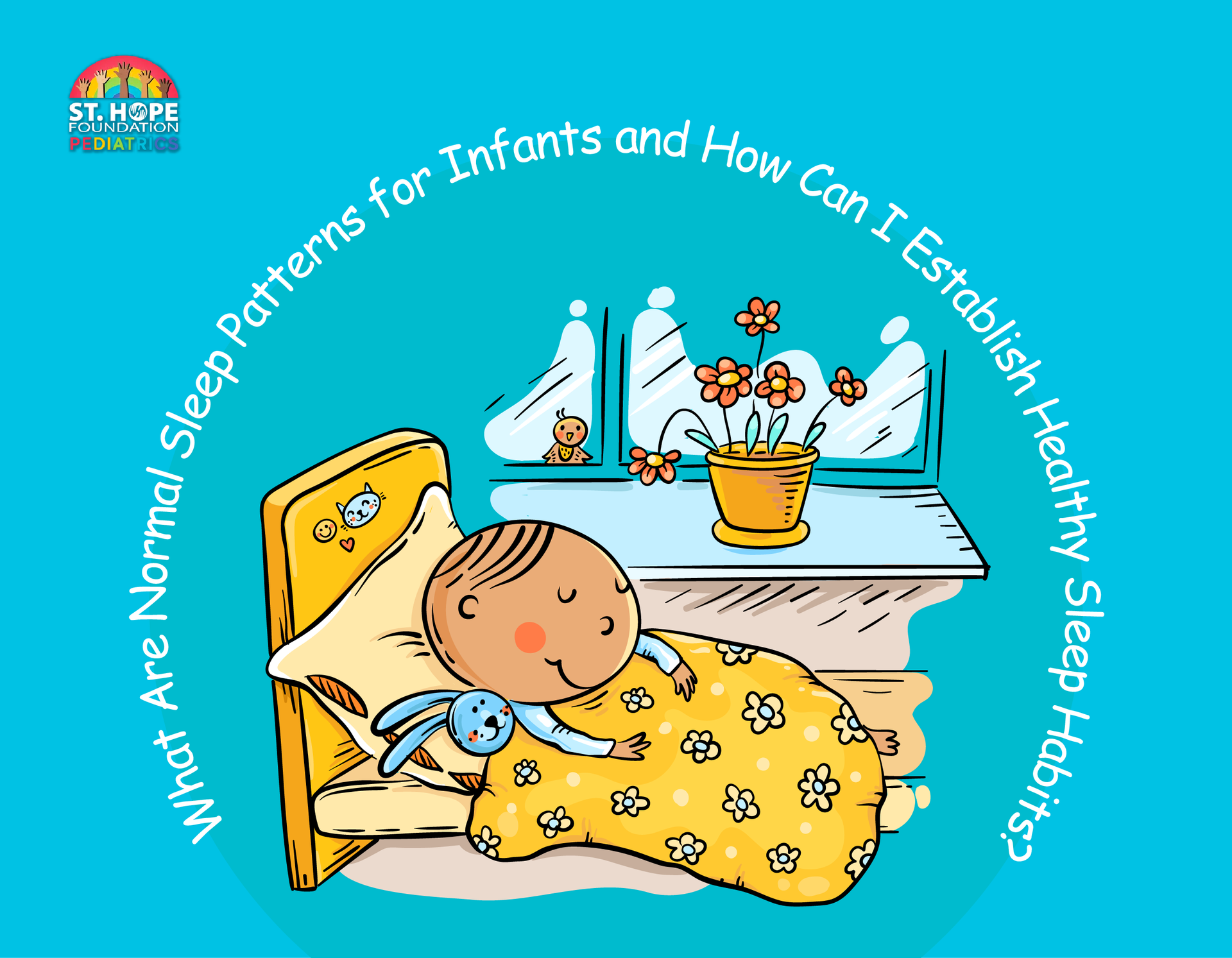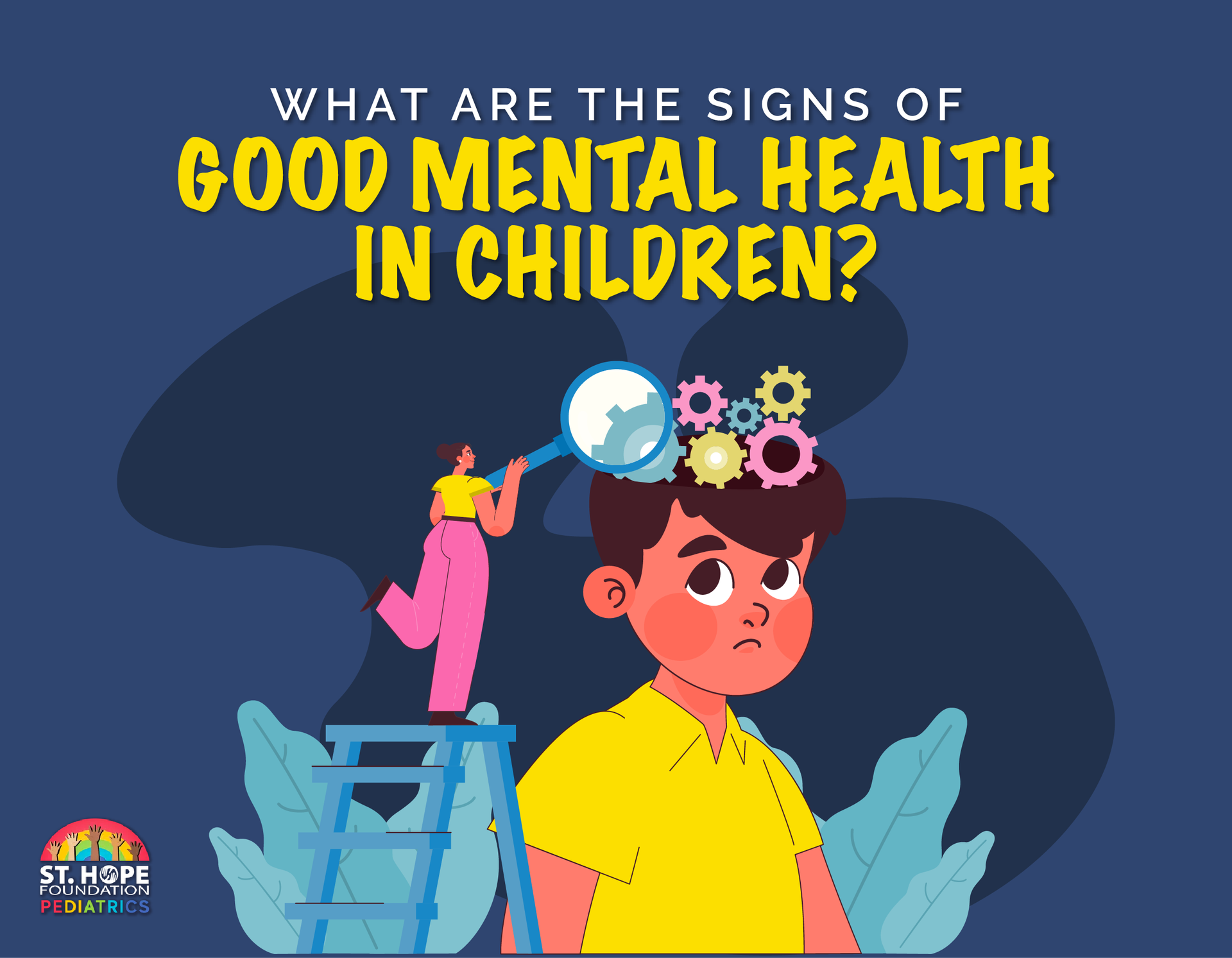Locations in Sugar Land and Greenspoint | Call Today to Schedule an Appointment!
Scheduling is Available 24/7 | For Existing Patients Please Call (956) 593-1337

As parents, we are continually navigating the ever-changing landscape of our child's growth and development.
From the fragile newborn stage to the bustling energy of the tween years, each phase brings its joys, challenges and milestones.
Infancy to Toddlerhood (0-3 years)
The infancy to toddlerhood stage is a time of rapid growth and development, both physically and emotionally. During this period, your child is making critical connections in their brain, laying the foundation for future learning and behavior.
As a parent, there are several essential practices to foster good development during these years, increasing the likelihood of sustained healthy development in future stages:
- Responsive Caregiving: Babies thrive on love, attention and responsiveness from their caregivers. Respond promptly to your baby's cues for feeding, comfort and interaction. This helps build a secure attachment, which is crucial for their emotional well-being.
- Sensory Stimulation: Engage your baby's senses through various activities such as tummy time, exploring different textures, listening to soothing music and introducing colorful toys. These experiences help stimulate neural pathways and promote sensory development.
- Language Enrichment:
Even before they start speaking, infants are absorbing language cues from their environment. Talk, sing and read to your baby regularly. Use simple, repetitive words and gestures to facilitate communication and language acquisition.
- Motor Skill Development: Encourage your baby's physical development by providing opportunities for crawling, rolling, reaching and grasping. Offer age-appropriate toys and safe spaces for exploration to support their gross and fine motor skills.
- Establishing Routines: Consistent routines provide a sense of security and predictability for young children. Establish regular sleep, feeding and playtime schedules to help them feel safe and nurtured.
Toddler to Childhood (3-6 years)
The toddler to childhood stage is marked by increasing independence, curiosity and exploration. As your child's personality blossoms, they become more eager to explore the world around them.
Here are some strategies to support their development during this phase:
- Teach Play-Based Learning: Play is the primary mode of learning for toddlers and young children. Provide open-ended toys, art supplies and outdoor spaces for imaginative play and exploration. It’s also great to engage in pretend play scenarios to stimulate creativity and problem-solving skills.
- Foster Social Skills: Positive social interactions like playdates, joining parent-child groups and enrolling in preschool programs are fantastic for developing your toddler’s social skills and giving them opportunities to learn empathy, sharing and turn-taking.
- Promote Independence: Allow your child to take on age-appropriate tasks such as dressing themselves, feeding and tidying up. Always offer praise and positive reinforcement for their efforts so they are motivated to become more independent.
- Language Development: Continue to support your child's language skills by reading together, engaging in conversations and introducing new vocabulary. Storytelling and imaginative play also helps foster language comprehension and expression.
- Establish Healthy Habits: Model healthy behaviors such as eating nutritious foods, staying active and practicing good hygiene. Establish bedtime routines and limits on screen time to support their physical and emotional well-being.
Childhood to Tween Years (6-12 years)
The childhood to tween years mark a period of significant cognitive, social and emotional growth. There are several parenting strategies to help children navigate this sometimes difficult transitional phase to adolescence:
- Curiosity and Exploration: Support your child's natural curiosity by providing opportunities for hands-on learning and discovery. Help them pursue their interests through hobbies, clubs and extracurricular activities.
- Foster Critical Thinking Skills: Help your child develop critical thinking skills by encouraging them to ask questions, solve problems independently and think analytically. This could be done by engaging in discussions about current events, ethical dilemmas and moral values to promote cognitive growth.
- Support Emotional Intelligence:
Validate your child's emotions and teach them healthy coping strategies for managing stress, frustration and disappointment. They should also be taught to have empathy and respect by discussing others' feelings and experiences.
- Promote Independence and Responsibility: Give your child increasing levels of autonomy and responsibility as they mature. Allow them to take on chores, manage their time and make decisions independently, while still providing guidance and support as needed.
- Maintain Open Communication: Create a supportive and non-judgmental environment where your child feels comfortable discussing their thoughts, feelings and concerns. Listen actively and validate their experiences, but always encourage them to follow the path with the highest likelihood of long-term happiness, fulfillment and health.
Put Your Child's Care First with St. Hope Pediatrics in Houston - Schedule Your Appointment Today!
Are you looking for compassionate pediatric care in the Houston area that puts your child's well-being first? Look no further than St. Hope Pediatrics. Our dedicated team of pediatricians is committed to providing comprehensive and personalized care for your little ones.
Schedule an appointment today by giving us a call at (713) 778-1300 and experience the difference St. Hope Pediatrics can make in your child's health and development.

